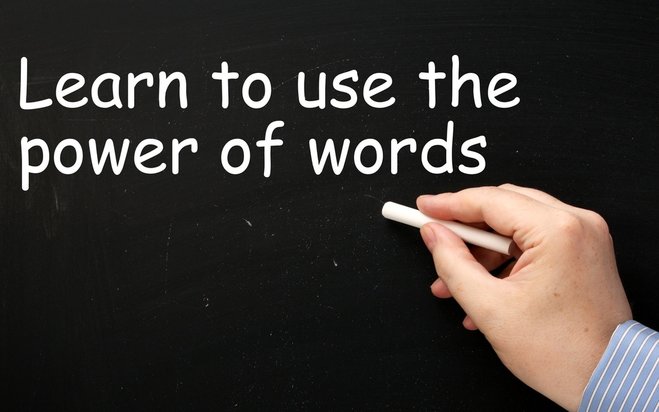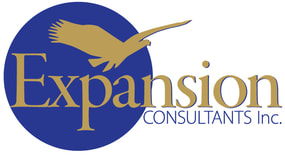
It is hard to fathom that one word has the power to move people into action or stop them dead in their tracks, but words can do that; especially when your patients have to pay anything out of their own pockets for your services.
Just think about it for a moment, if a doctor told you that he or she thought that you might have XYZ, whatever that is, are you motivated to take action? What if the doctor said you “have XYZ and need….,” does that make a difference?
If you are like most people, when the doctor is definitive, you are inspired to take action. Now, if you are truly uncertain about the diagnosis, I am not recommending that you state your conclusion decisively. This only applies when you are certain.
If you think of yourself as a coach, and your goal is to educate your patients so they are inspired to take the necessary action(s) to help themselves or their child, your word choices become clearer. When you finish explaining your treatment plan to patients can you see that they are inspired? Or are they just being polite?
An athletic coach trains people with one thing in mind – improved performance. When you think of yourself as a coach when you are talking with patients, the words you use on a daily basis take on new meaning.
Here’s some food for thought. If I told you I thought you were an inefficient manager, you could easily interpret that to mean that I think you work too slowly. You may also feel that while it may not be the most efficient or effective management method, you still get the job done.
Now let’s transition over to your exam room for a moment. You are explaining to a patient that their visual system is inefficient and that they need a program of vision therapy. The patient’s thought process is, “What’s so bad about that? It may take me longer, but I am still seeing well enough.” Something that is inefficient doesn’t warrant aggressive treatment. Yet a program which requires multiple visits to the doctor’s office and 10-20 minutes of work to be done at home 5 times per week is definitely aggressive.
So what’s the solution? Try using the word inadequate in place of inefficient. If you told me that my visual system was inadequate, that instantly tells me something is wrong. This could easily warrant aggressive treatment, because it is not adequate to get the job done.
Please take a moment and review what you are saying to your patients to be sure you aren’t using any words that they won’t understand.
If you aren’t sure what to say, need help figuring out how to coach your patients to take action, or have a topic you would like me to blog about, please feel free to email me.
Toni Bristol began consulting health care practices in 1984 and started specializing in vision therapy practice management and marketing in 1988. She developed the powerful and most effective case presentation method for vision therapy, the BRISTOL CASE PRESENTATION METHOD™. For almost 30 years, she has helped thousands of optometrists in the U.S., Canada, Australia and Malaysia. Toni has shared the wealth of her expertise internationally through her articles that have been published in Optometry & Vision Development journal, VISIONS, eVisions and VP Today. www.expansionconsultants.com.

 RSS Feed
RSS Feed

